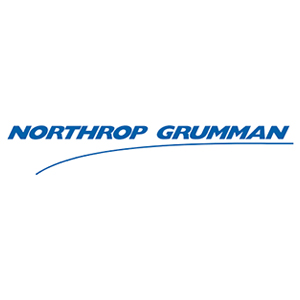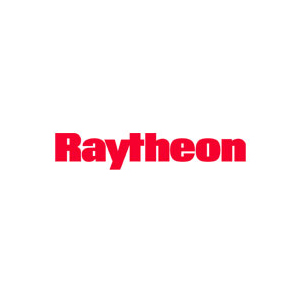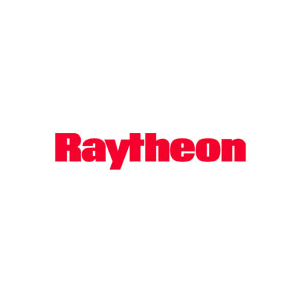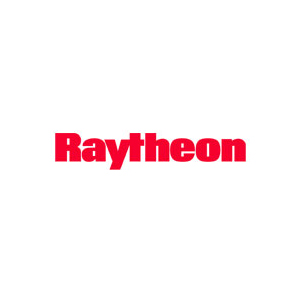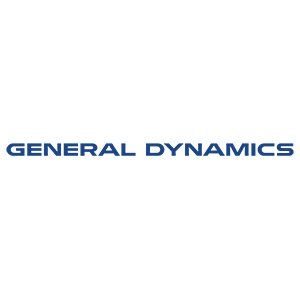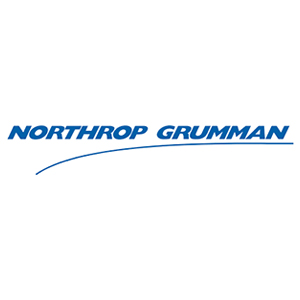Projects View
Protonex Awarded $3.3 Million Contract to Develop a Deployable Fuel Cell Power System For Small Unmanned Aerial Vehicles
Specifications:
Name:
Protonex Awarded $3.3 Million Contract to Develop a Deployable Fuel Cell Power System For Small Unmanned Aerial Vehicles
Location:
Southborough, Massachusetts
Company:
Estimated Cost:
Source:
Protonex Technology Corporation (LSE: AIM: PTX and PTXU), a leading provider of advanced fuel cell power systems for portable, remote and mobile applications, today announces that it will develop a robust, deployable pre-production fuel cell power system, designed for powering a small, unmanned aerial vehicle (UAV) that will be capable of extended flight duration and mission endurance. This work will be completed under an awarded $3.3M contract ($2.2M base award with a $1.1M option) from the Department of Defense (DoD) and will draw on continuing developments by Protonex of its unmanned power systems and UAV technologies. Under the terms of this contract, which was expected by management, Protonex will customize one of its fuel cell power platforms and will integrate it into development partner, AeroVironment’s (NASDAQ: AVAV) “Puma-AE” UAV. The resulting UAV, powered by the Protonex fuel cell power system, is expected to enable new long-duration missions, not previously feasible with hand-launched UAVs powered by advanced batteries. Protonex has already demonstrated its fuel cell power systems for small UAVs through programs with the U.S. Air Force Research Laboratory, the Naval Research Laboratory, and AeroVironment. Most recently, AeroVironment’s Puma UAV, utilizing a highly advanced fuel cell system from Protonex, broke its previous flight records and flew continuously for over nine hours—three to four times the endurance capability of its current rechargeable batteries. Until recently, extended flight endurance capabilities were only achievable with larger scale, more costly UAV platforms. With the introduction of cutting-edge fuel cell propulsion systems from Protonex, new missions such as persistent surveillance, search and rescue, chemical-biological monitoring, and other long-endurance specialty missions can be achieved by smaller, more flexible, and cost-effective UAV platforms. “This contract represents yet another significant milestone on our path towards the full commercialization of our power systems for UAVs and is a culmination of our development and demonstration efforts to date,” stated Dr. Paul Osenar, Chief Technology Officer, Protonex. “We look forward to continuing this progress to extend the reach of this UAV technology to other military and commercial markets.”

